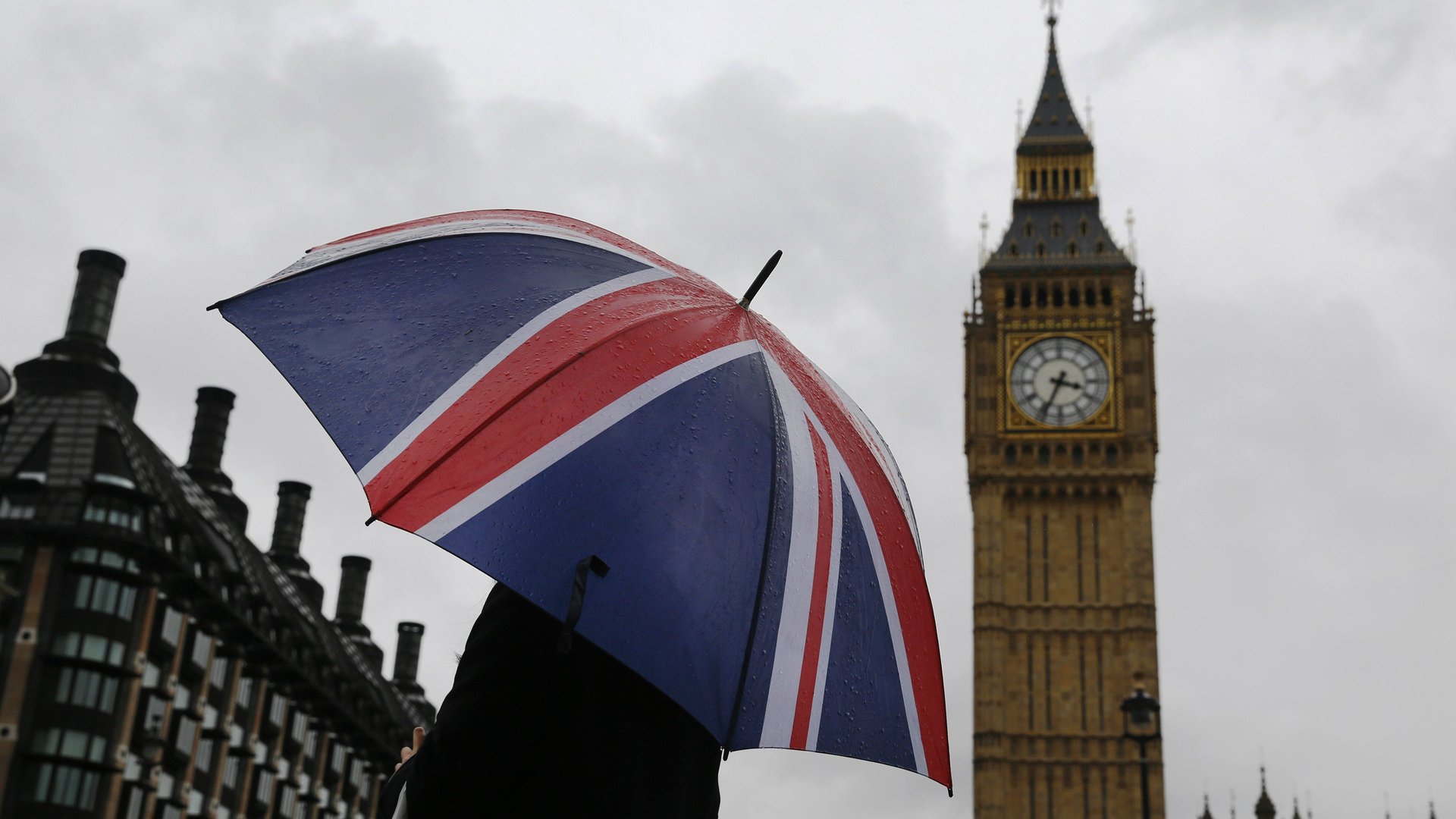Alone among major economies, British household income has barely grown since the Brexit vote
The economic well-being of British households has fared far worse than other major economies over the past two years, the period since the UK voted to quit the European Union, according to the OECD.


The economic well-being of British households has fared far worse than other major economies over the past two years, the period since the UK voted to quit the European Union, according to the OECD.
To get a better picture of personal finances, the OECD measures the change in inflation-adjusted household income per capita instead of GDP. The measure deducts taxes on income and wealth and other social contributions, and includes social benefits such as unemployment benefits. The OECD says this is the better gauge of how much households actually have at their disposal to buy goods and services or save for the future.
Using this measure, per capita household income in the UK has grown by just 0.1% since the second quarter of 2016. The average for the G7 was 3.2% over the same period.
The UK economy has suffered from a loss of momentum since the Brexit referendum, with growth slowing far below expectations. Britain went from the fastest-growing economy in the G7 at the end of 2015 to the slowest in less than two years (pdf). In 2020, the European Commission forecasts that the UK economy will be the slowest-growing across the entire EU (of which it will no longer be a member).
The UK has the largest gap between GDP and household income growth in the G7, highlighting how different headline figures can reveal different economic narratives. (Since British GDP growth hasn’t been great either, even weaker household income growth paints a particularly bleak picture.) Over the past nine quarters growth in GDP has outpaced growth in household income by 1.7 percentage points. By comparison, the gap is just 0.3 percentage points in Germany and 0.2 percentage points in the US.
The UK has had the widest gap since 2010. The OECD said the divergence can be created by things like changes in the government’s tax or benefits policies, or how companies allocate their earnings between dividends, retained earnings, and pay for employees. In recent years, the UK government has imposed a strict policy of austerity that slashed money available for social benefits. The prime minister recently said austerity was over, but the government’s latest budget suggests that isn’t exactly the case.